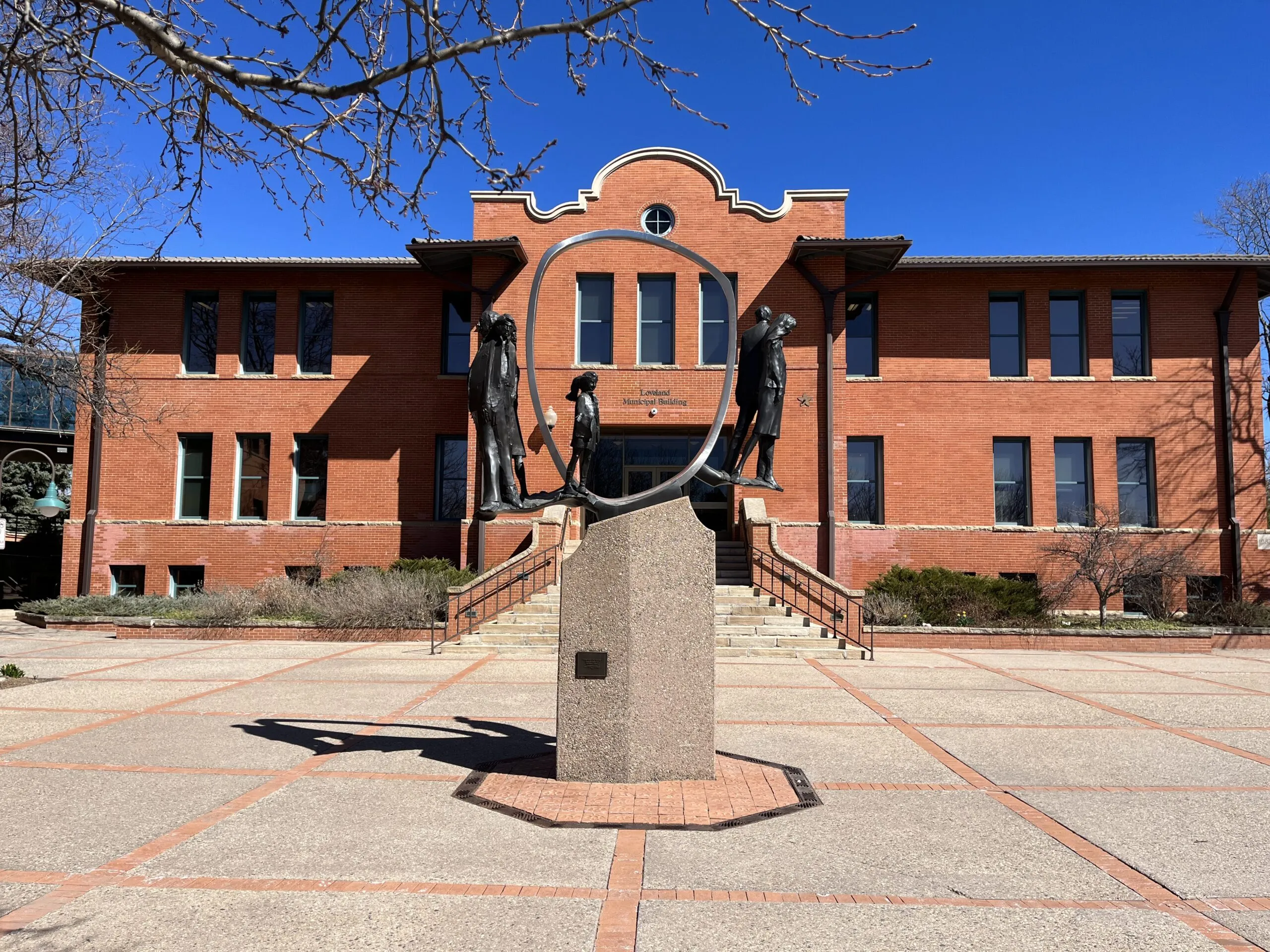Hearing on Loveland recall protest canceled; ruling soon

After fielding a flurry of legal motions and responses, an attorney appointed by the Loveland City Council has canceled a public hearing scheduled for Thursday morning to consider a council member’s protest of a recall petition that seeks to oust him, and will rule on the issue without a hearing.
THIS ARTICLE IS FOR SUBSCRIBERS ONLY
Continue reading for less than $3 per week!
Get a month of award-winning local business news, trends and insights
Access award-winning content today!
Already have a paid subscription?



